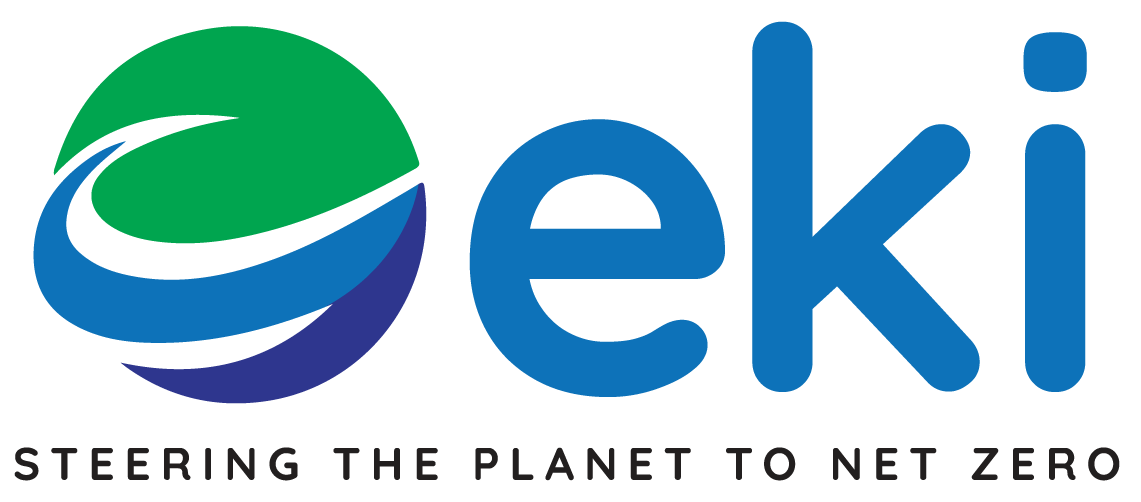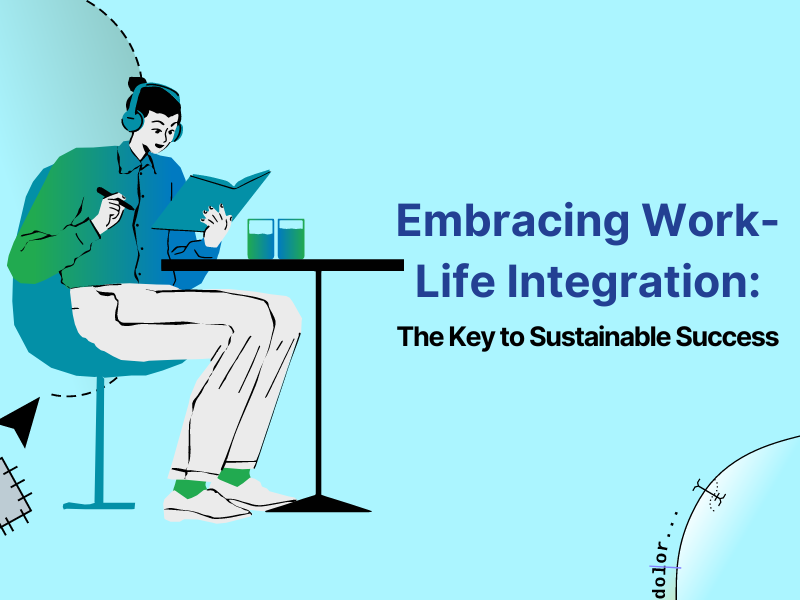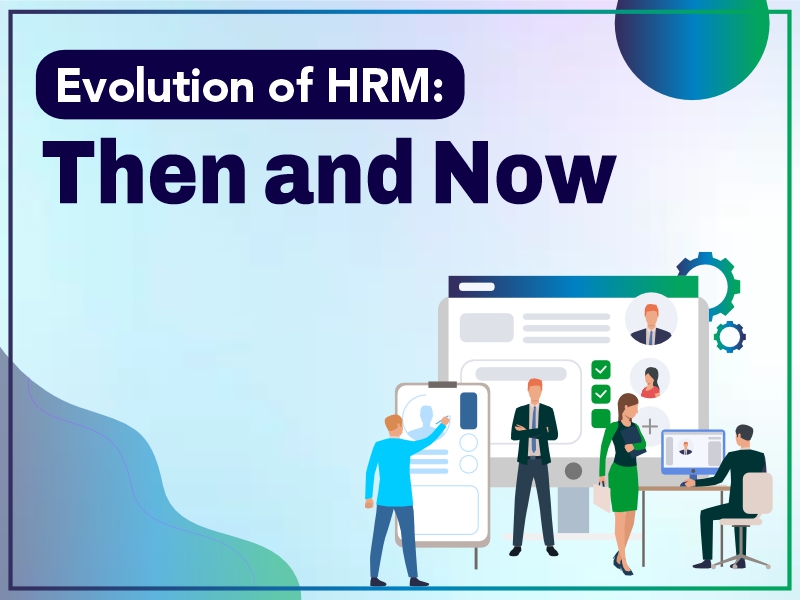
The world of work has changed dramatically in recent years, driven by technological advances, increasing competition, evolving training & capacity building techniques, globalization, and a new generation of skilled workers with a personal take on what employment should look like.
Consequently, HRM has also evolved and broadened. There has been a seismic shift in HR’s focus from benefits, payroll and procedures to everything employee-tailored. HRM has moved from processing paper to making sure the workplace is employee-focused and individualized. Today, work and the workplace are more personalized than they have ever been before.
Increased Focus on People
Over the years, the role of HR has shifted from talent management and mechanistic skill to addressing the employee experience in a more dynamic and targeted way. HR continues to rethink the employee experience in ways that respect individual differences such as enhanced engagement by taking a broader view of inclusion, diversity, and their sense of purpose. Today, while HR drills down to find employees who need varied types of support, they also ensure a widely shared feeling of well-being and cohesion across the workforce.
One of the most significant parameters of job satisfaction and performance is the relationships between employees, their managers, and colleagues. Traditionally, HR never paid attention to this important aspect because of their role and/or organizational values but today, HRs are well aware that the most stressful aspect of a job is the inability of an employee to interact with their immediate boss or communication gap between both of them. Managers, today, know about their pivotal roles and prioritize quality-of-workplace relationships.
The role of HR became more important than ever during COVID-19. They helped leaders oversee their remote workforces and ensured that anxiety-ridden employees stay informed about what is happening within the company. When events and meetings were shut, HR played a key role in ensuring that the company moved toward building a strong and genuine employer brand image.
What Led to this Change?
The trend of building an employee-tailored workplace is here to stay. But what led to this trend and the way HR functions today? Let’s explore.
- Companies Get Social
Social media has been one of the major influential factors in the way organizations and HR operate today. It has become a norm for brands, both B2B and B2C, to have an active presence on various social media channels and regularly engage with the audience. While this has helped build the brand image, it has also made the existing and potential employees, more aware of evolving corporate culture, good and bad organizational values and a company’s reputation, especially in terms of its behaviour towards employees.
- Increased Range of Employee Benefits
Till a few years ago, employee benefits were relatively limited to leave policy and medical insurance. Today, while the basics continue to evolve and become better, the scope of benefits has broadened including car policy, ESOPs, training & development programs and bi-annual performance appraisal among others. Such programs or facilities, when advertised by the HR and marketing teams, help with recruiting. Such developments in the scope of employee benefits have made the role of HR more significant.
- An All New Feedback Mechanism
Traditionally, companies have relied on annual reviews to assess employees’ performance such as ranking them as a part of employee assessment that pitted employees against one another. The lowest ranked workers ended up looking for other opportunities either within the company or elsewhere. Today, companies follow a more flexible or less formal approach where the focus is to give real-time feedback to employees without structured reviews. Employee assessment today is more about the employees’ impact on the company, their learnings from various experiences, their anticipated future impact, how they grew professionally and the scope of improvement.
HR Tips to Manage Modern Workforce
The workplace has evolved and HR’s role is broader than it has ever been. Let’s look into some HR tips to build a healthy workplace and effectively manage the modern workforce:
- Create Opportunities to Grow
A healthier work-life balance is a desire of every employee at every level but at the same time, no employee wants that balance at the cost of their growth. Today’s workforce including millenials is always looking for opportunities to develop professionally which makes it one of the most attractive perks a company can offer. HR managers need to know that the modern workforce wants to make a visible impact in the workplace and they must be given opportunities to showcase their skills.
- An Environment Where Employees’ Opinion Matters
A common behavioral aspect of employees is they want to feel trusted and valued at the workplace. It is up to the HR managers to create a company culture where people have freedom of expression and a healthy relationship with colleagues and managers. Employees should be able to present their thoughts, ideas, complaints and aspirations without being judged. HR should also be transparent about its strategic decisions.
- Training and Development
There’s always room for improvement, and an employee wants to enhance their skills and knowledge at every stage of their career. HR must embed training & development into an organization’s culture – from cross-training employees in multiple fields to develop versatility to organizing workshops and seminars which emphasize on enhancing leadership skills.
- Celebrating Victories
It is very important to recognize employees’ accomplishments, big or small, at the workplace. It not only makes them feel valued but also, motivates them to perform better and boosts their productivity.
Evolving for Better
HR has evolved over years not only in its functioning but in its core perception as a strategic partner in organizational growth. The positioning of HR has gained significant relevance in this globally growing and connected network. The techniques, methods and procedures of HR are revolutionizing and organizations are now rapidly adapting to the modifying role of HR. They are branding on HR proficiency, investing in HR policies and promoting HR methodologies. Today, the HR department is equally focused on the development of employees and the organization.

